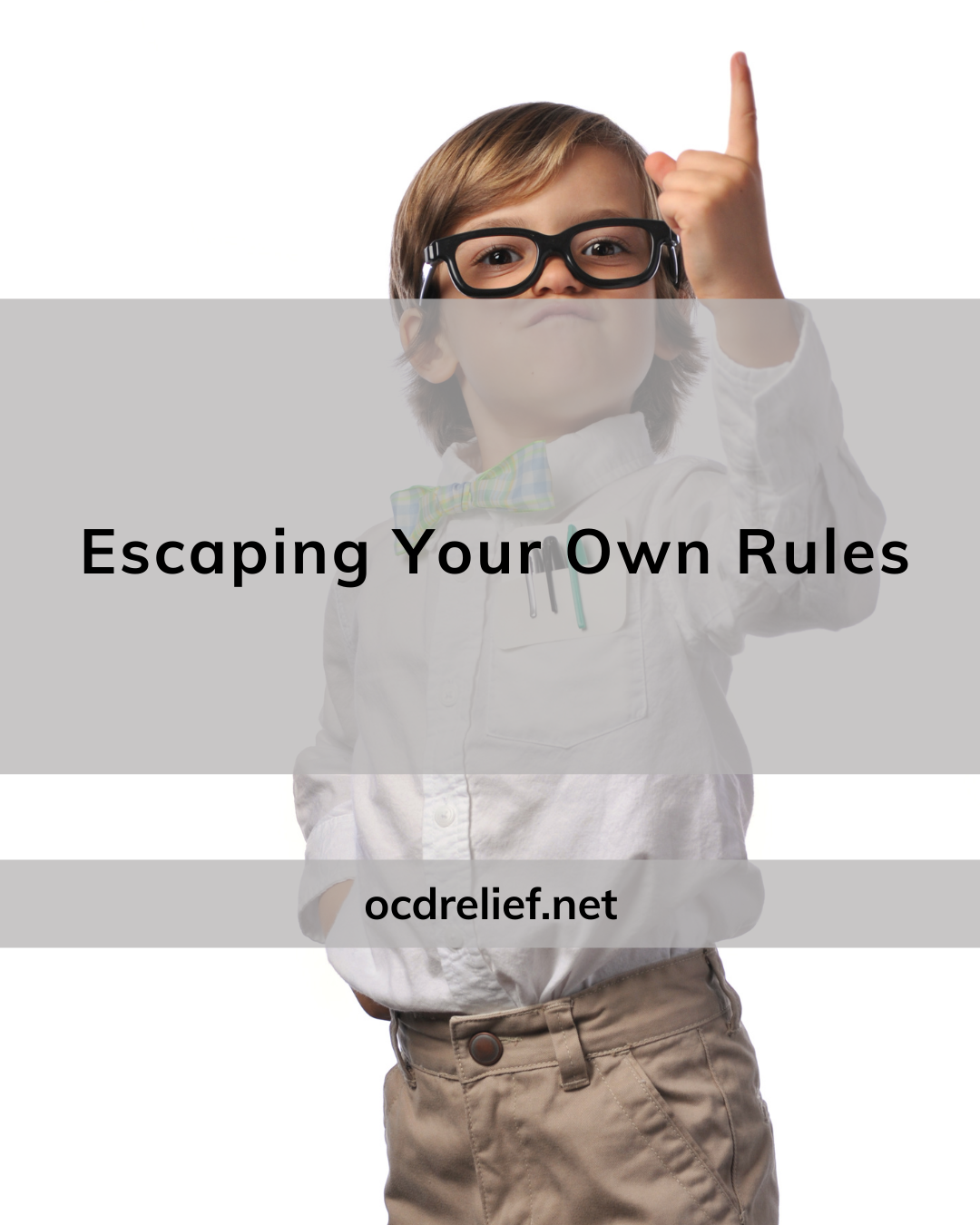
Escaping Your Own Rules
Do you live by self-imposed rules that feel non-negotiable? These patterns may seem helpful but could be reinforcing anxiety or OCD. Learn how to identify fear-based rules, challenge them, and break free with support from evidence-based treatment.
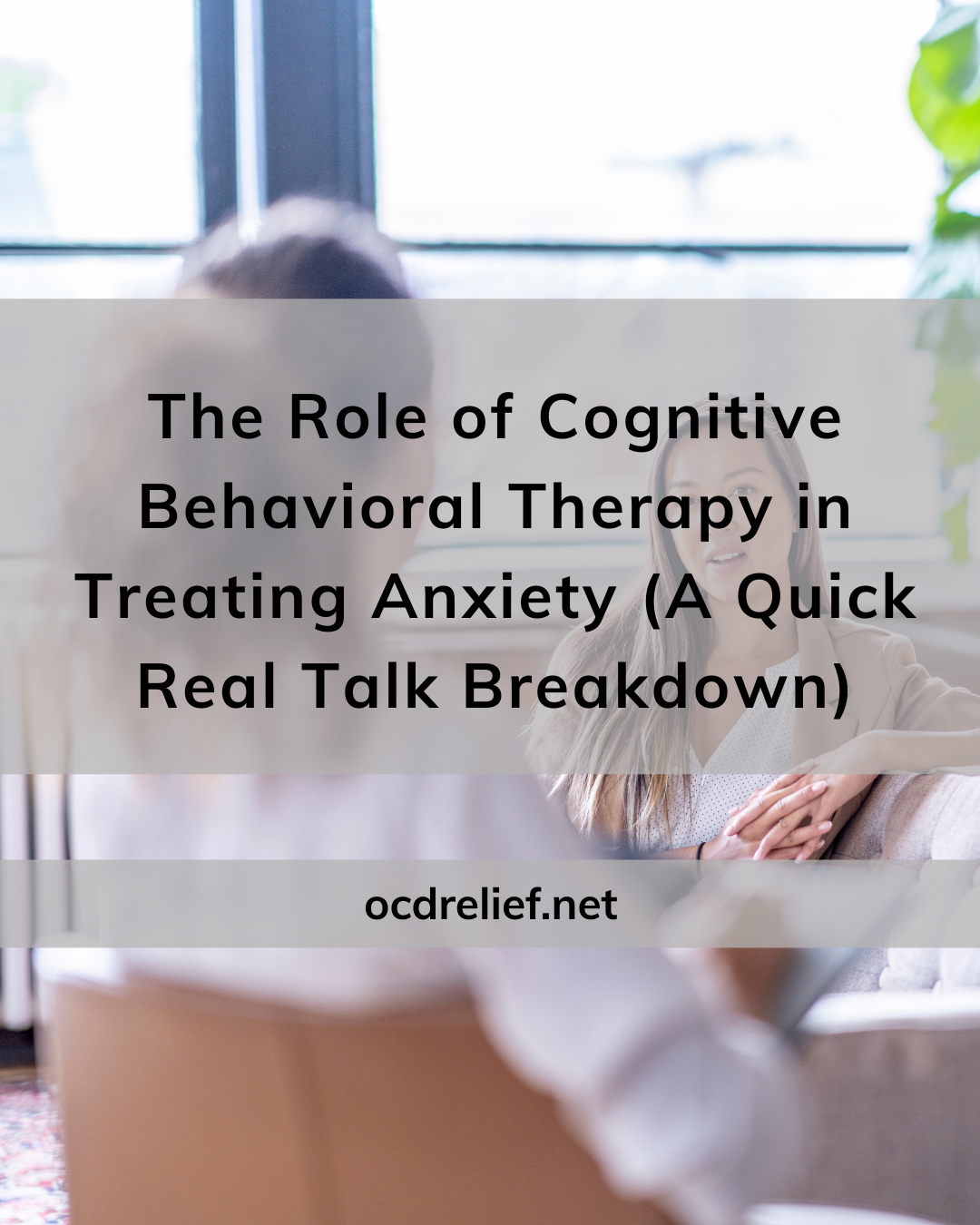
The Role of Cognitive Behavioral Therapy in Treating Anxiety (A Quick, Real Talk Breakdown)
Anxiety can feel overwhelming—but it doesn’t have to run the show. Learn how Cognitive Behavioral Therapy (CBT) helps reframe anxious thoughts, build confidence, and reduce fear through strategic, research-backed tools. Therapy in Ogden, Utah available.
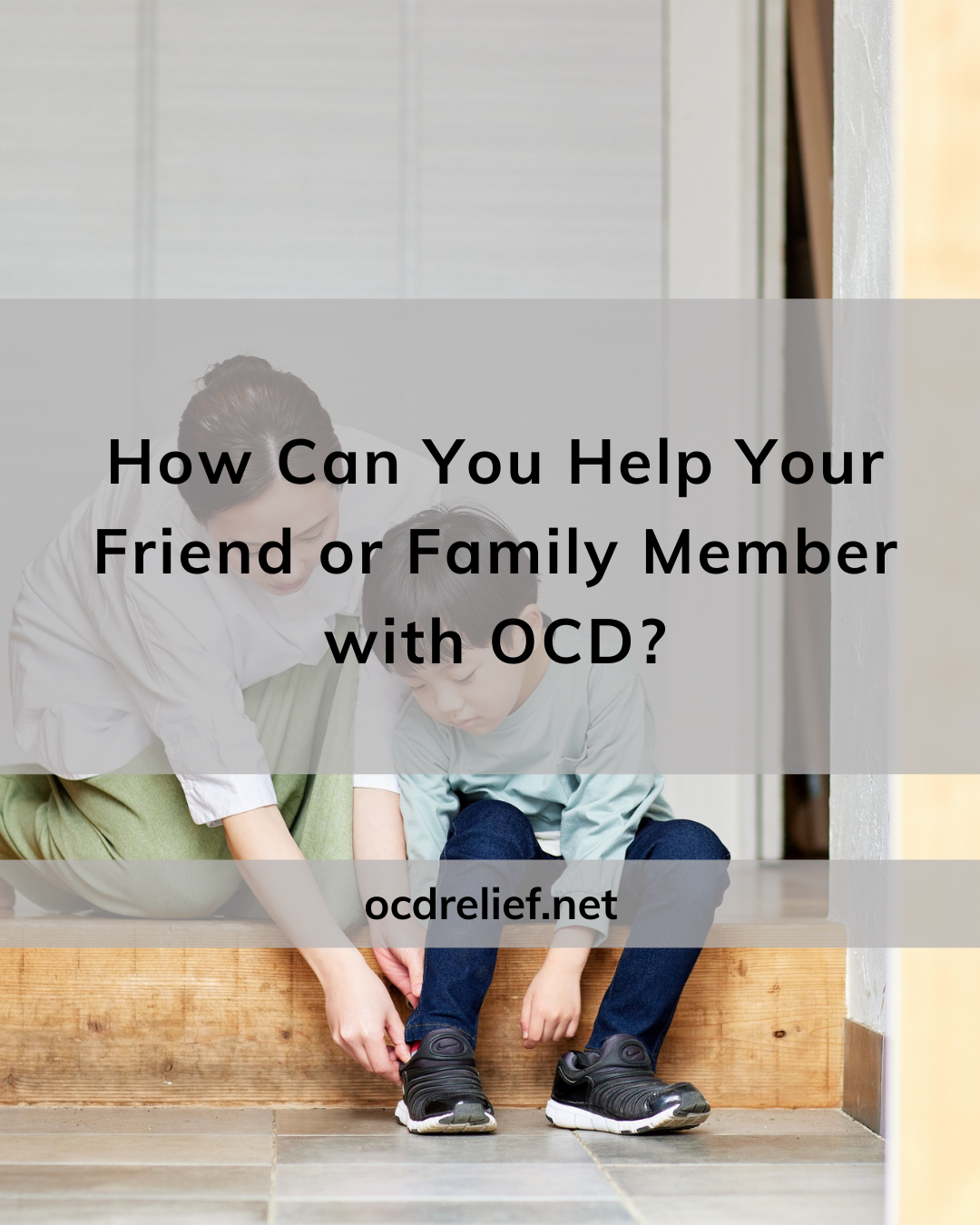
How Can You Help Your Friend or Family Member with OCD?
Supporting a loved one with OCD can be confusing. Learn how to help without reinforcing compulsions, set healthy boundaries, and encourage real recovery. Discover tools like ERP and SPACE to provide meaningful support that promotes long-term healing.
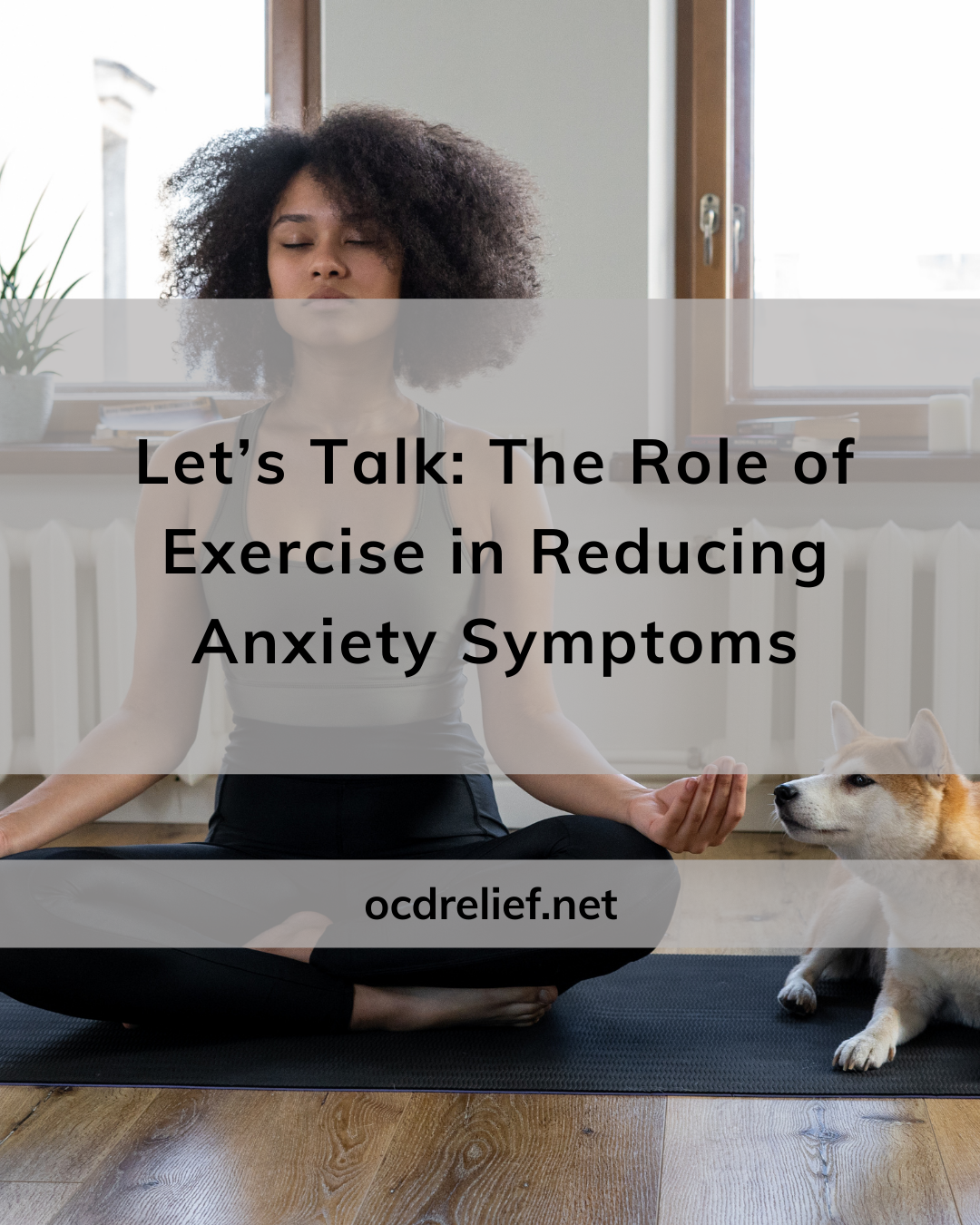
Let’s Talk: The Role of Exercise in Reducing Anxiety Symptoms
Anxiety floods your body with tension and racing thoughts. Movement can help. Discover how simple exercise like walking, yoga, or stretching supports emotional regulation, eases anxiety, and builds resilience. Small steps can make a big difference.
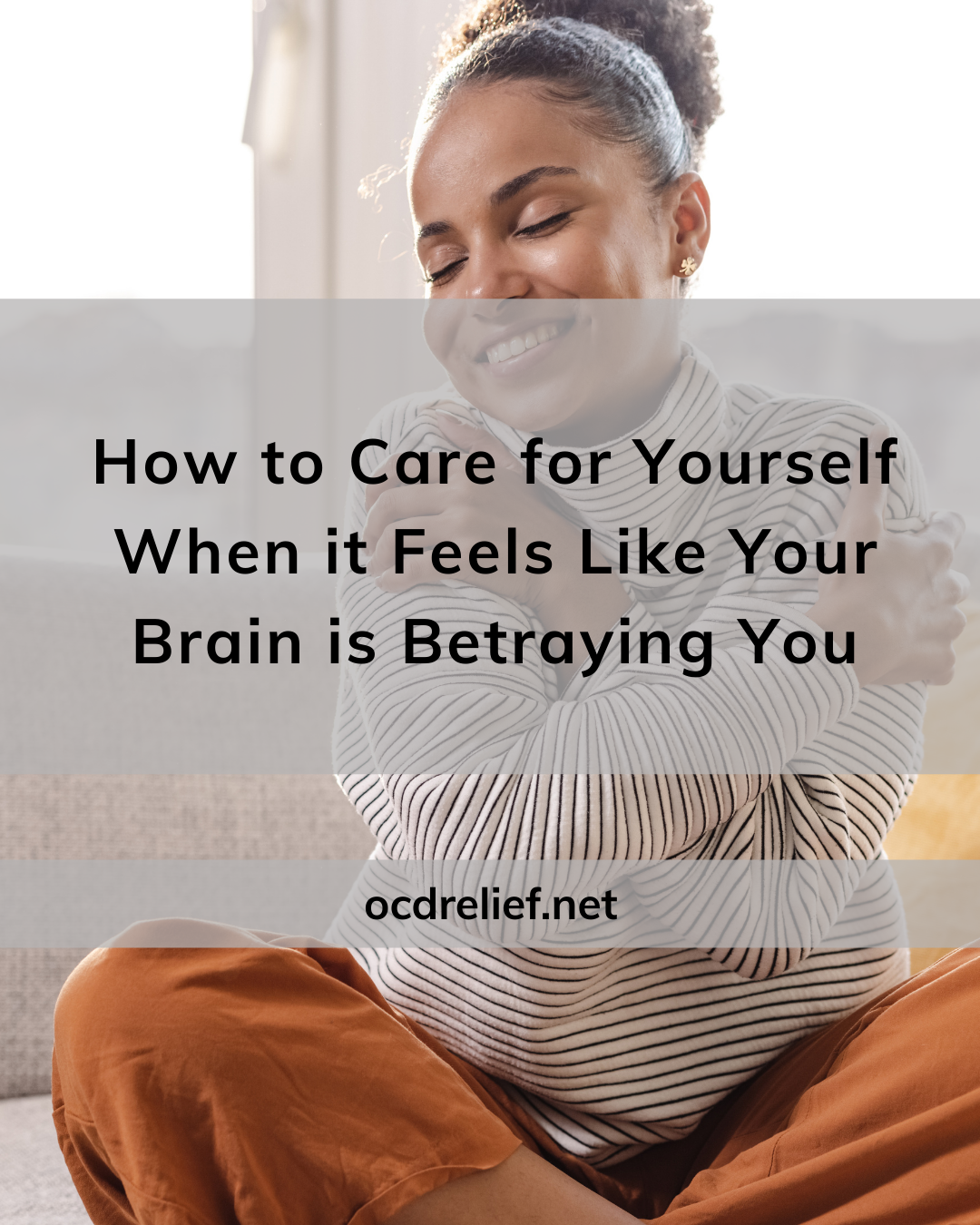
How to Care for Yourself when it Feels Like Your Brain is Betraying You
When it feels like your brain is betraying you, it’s important to care for yourself with self-compassion and effective coping strategies. Learn how to manage overwhelming thoughts and find support from The OCD Relief Clinic.
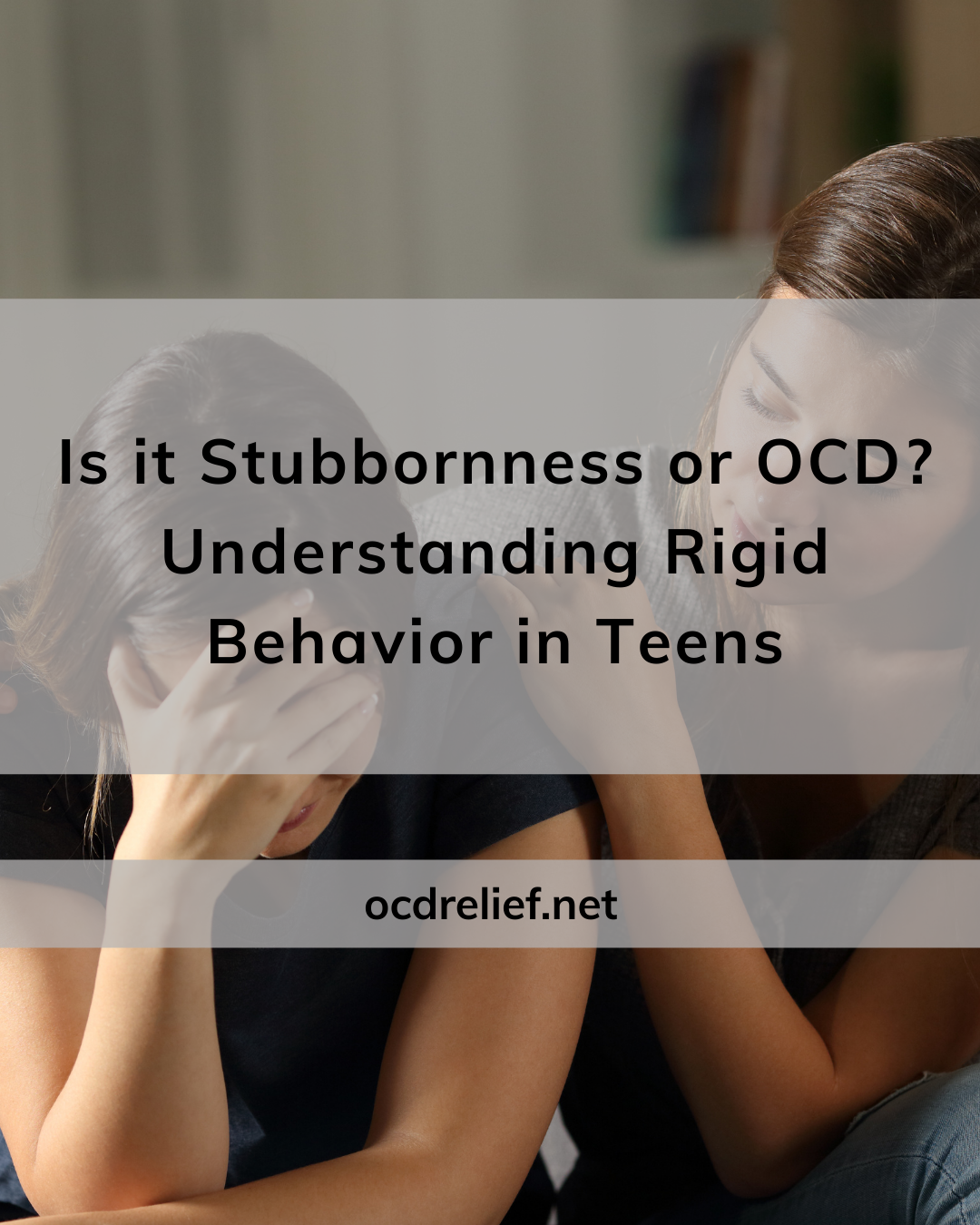
Is It Stubbornness or OCD? Understanding Rigid Behavior in Teens
Is your teen unusually rigid, controlling, or argumentative? It may not be defiance, it could be OCD. Learn how obsessive-compulsive disorder can masquerade as stubbornness in teens, and how therapy can help.
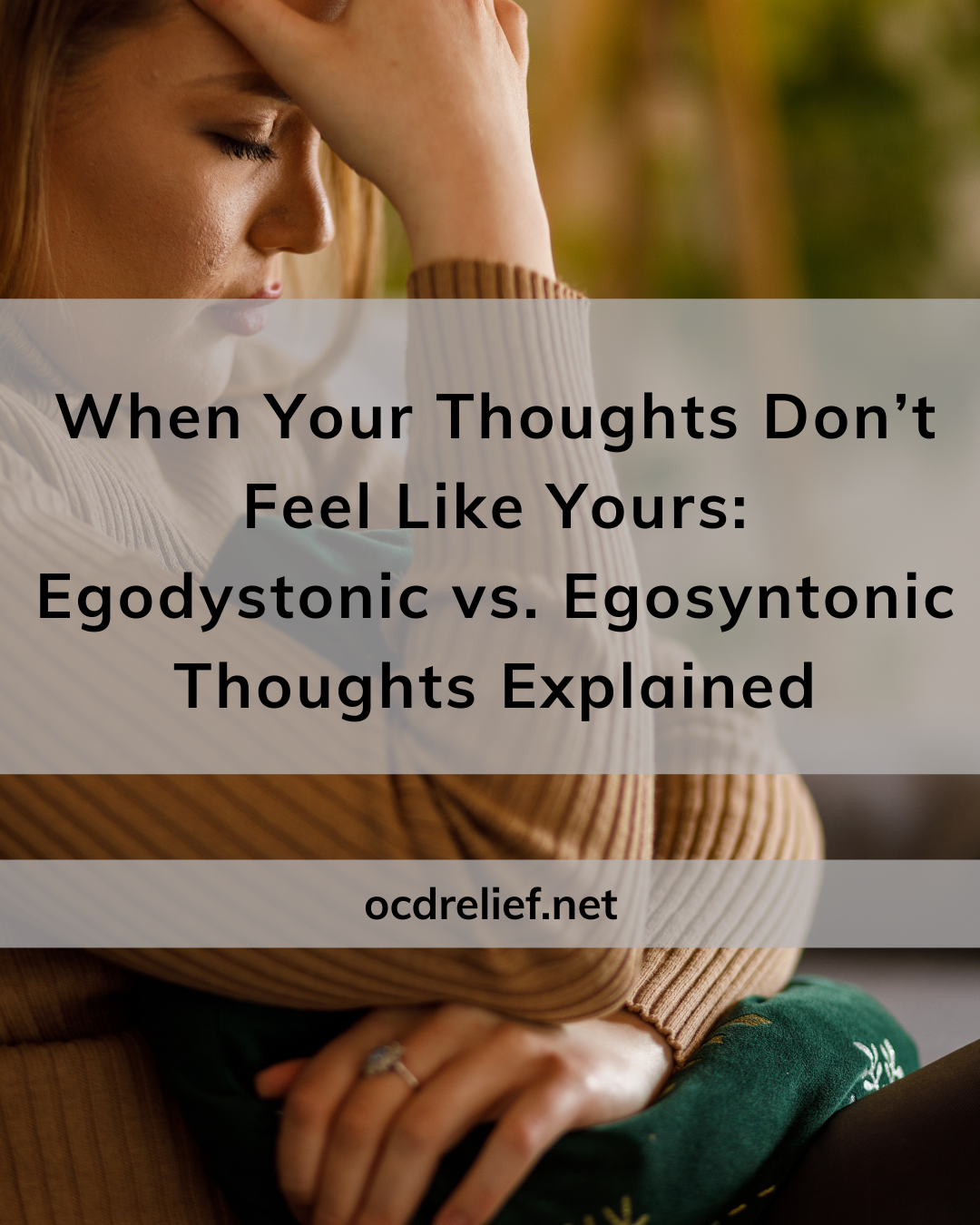
When Your Thoughts Don’t Feel Like Yours: Egodystonic vs. Egosyntonic Explained
Ever had a disturbing thought that felt completely out of character? Learn the difference between egodystonic and egosyntonic thoughts—and why understanding this distinction is key for anyone navigating anxiety, OCD, and intrusive thoughts.
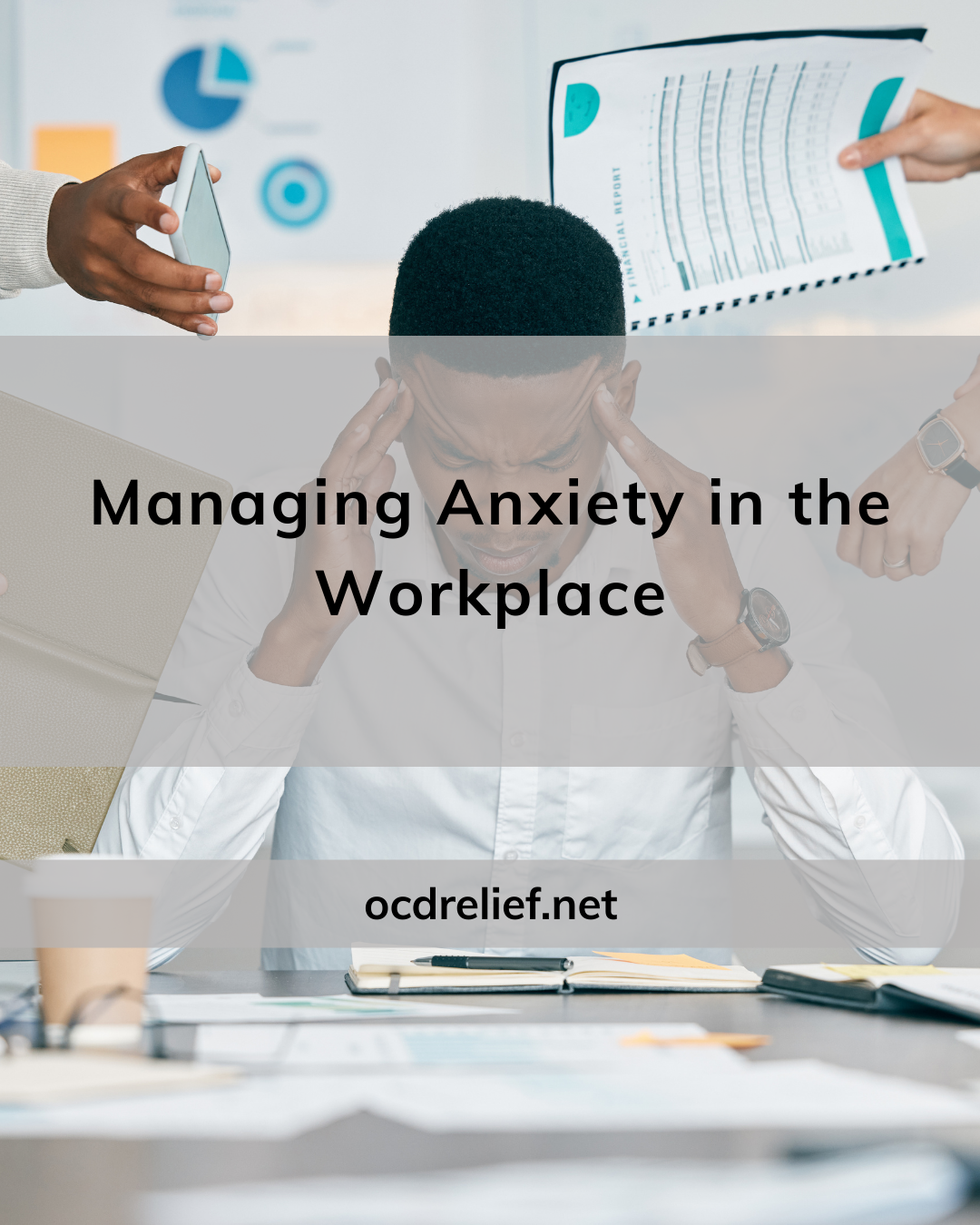
Managing Anxiety in the Workplace: Simple Tips to Stay Calm and Confident
Let's be honest: work can be stressful. Deadlines, meetings, performance reviews—sometimes just opening your inbox can trigger anxiety. But here’s a comforting thought: workplace anxiety is common, manageable, and doesn’t have to control your day. As a therapist, I've seen firsthand how simple shifts in your routine can make a huge difference.
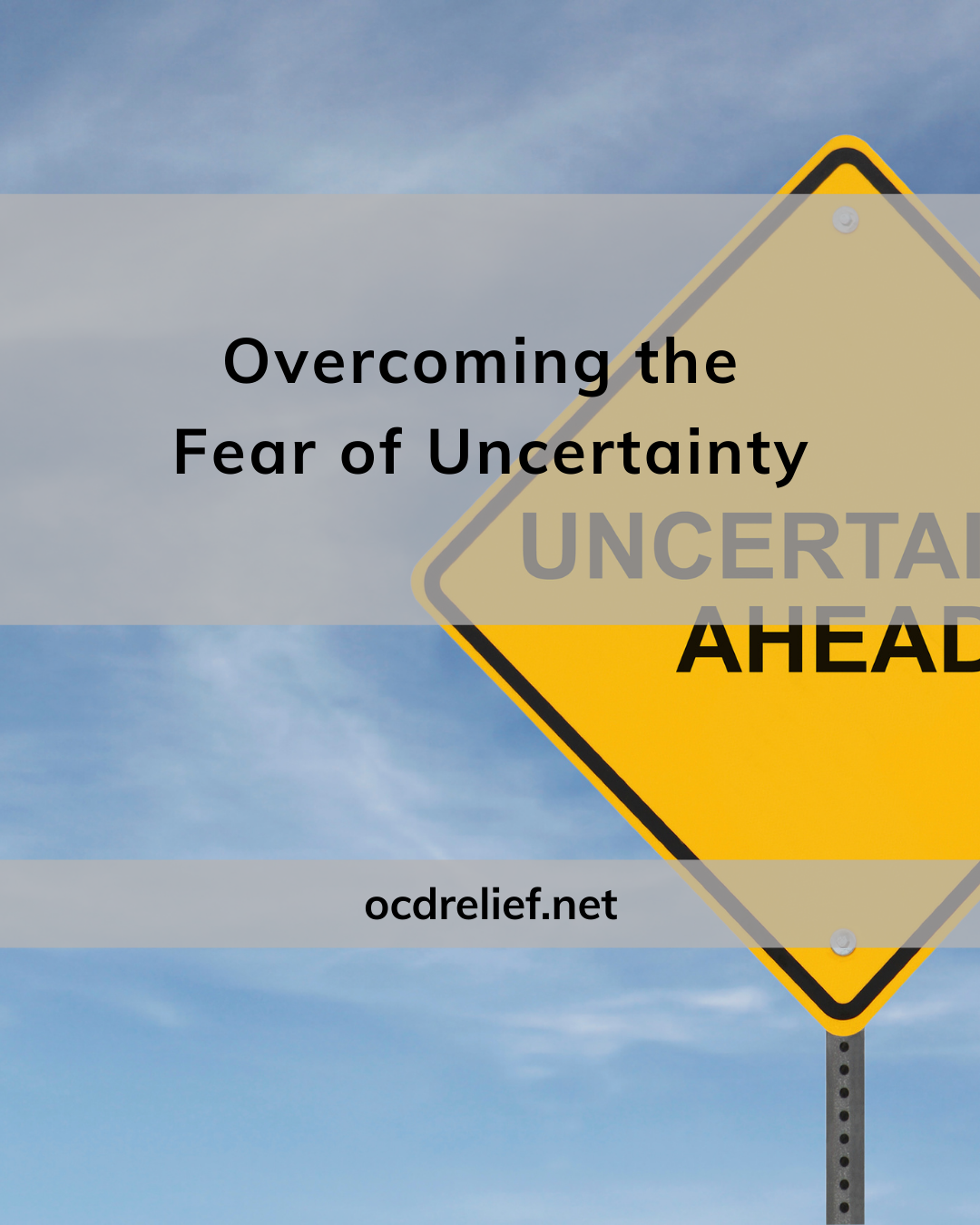
Overcoming the Fear of Uncertainty
If there’s one thing anxiety and OCD hate, it’s uncertainty. Your brain wants to know for sure that everything will be okay: that your partner loves you, that you locked the door, that you won’t get sick, mess up, or regret a decision.
And guess what? That craving for certainty? Totally human. But here’s another tough truth: certainty is an illusion. Life doesn't come with guarantees, and trying to force them only makes your anxiety louder.
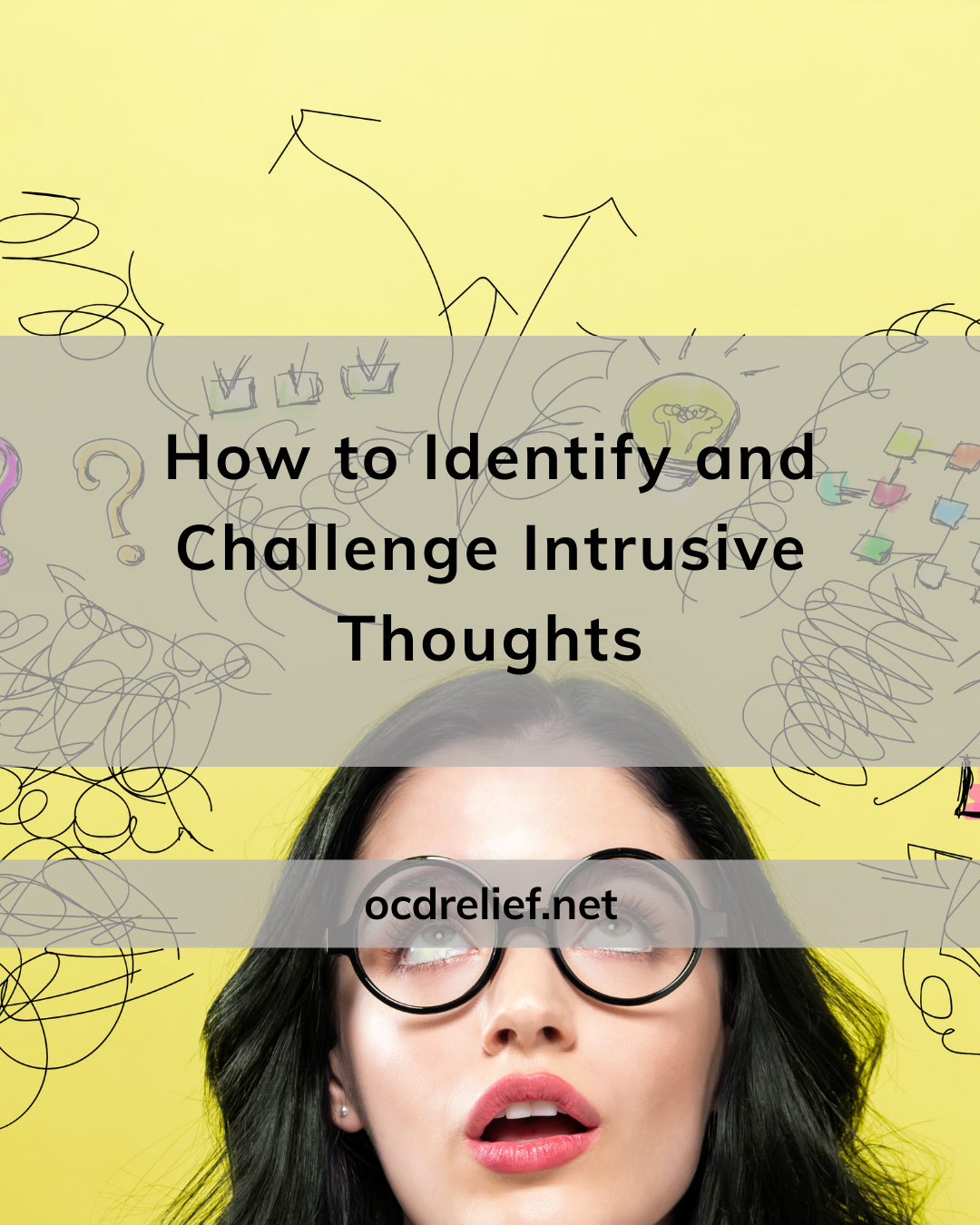
How to Identify and Challenge Intrusive Thoughts
Let’s be real—our brains can be weird. Sometimes they throw out thoughts that are random, unsettling, or just downright disturbing. Ever had a thought so strange you wondered, “Why would I even think that?” Welcome to the world of intrusive thoughts. If you’re dealing with OCD or anxiety, intrusive thoughts can feel even more intense.
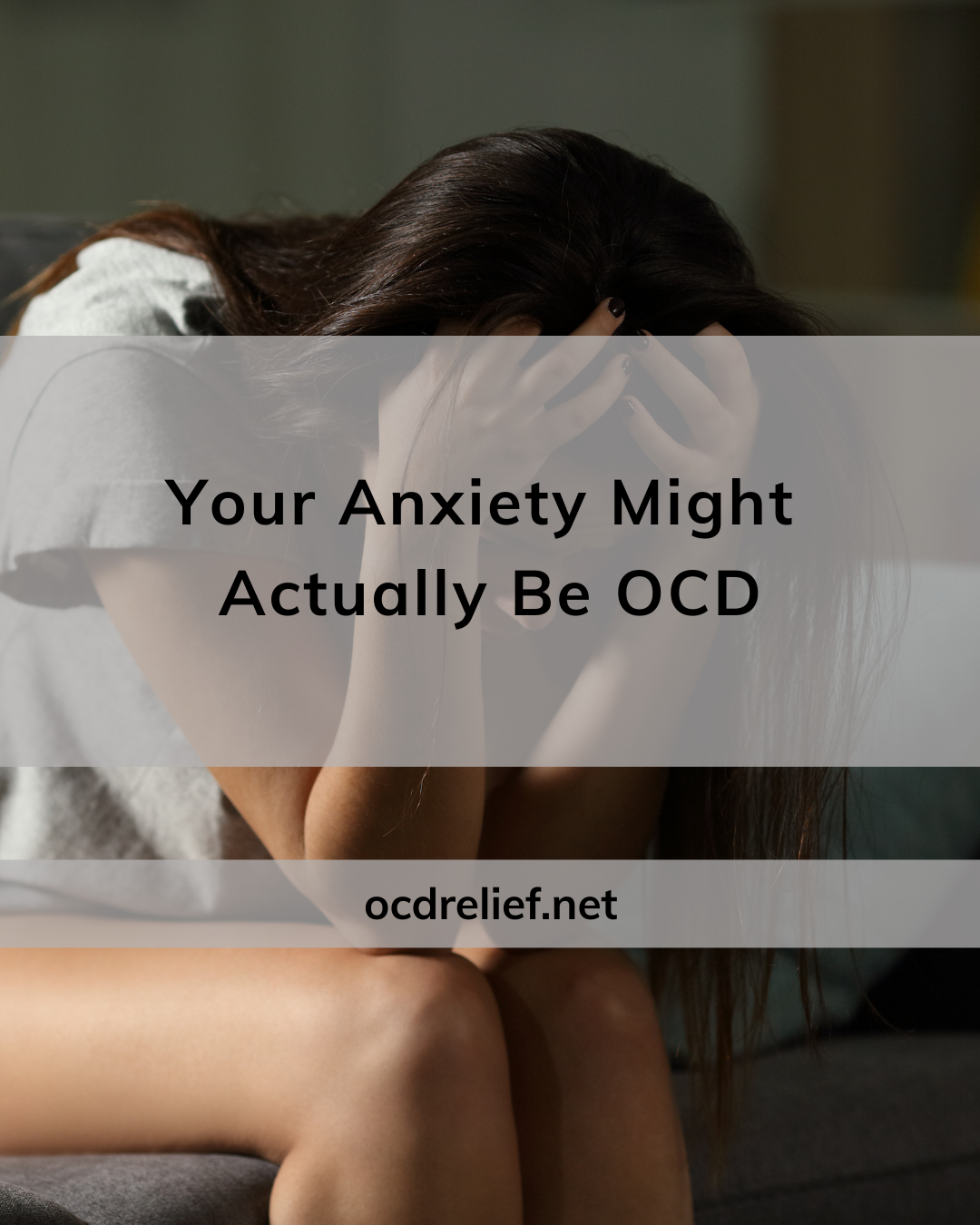
Your Anxiety Might Actually Be OCD
Let’s talk about something that comes up in session a lot: someone walks in, saying they’ve been battling anxiety, can’t stop overthinking, constantly second-guessing decisions, and feeling mentally exhausted 24/7. But as we dig deeper, it becomes clear: this isn’t just anxiety. It’s Obsessive-Compulsive Disorder (OCD) wearing an anxiety mask.
If that surprises you, you’re not alone. OCD is one of the most misunderstood mental health conditions out there.
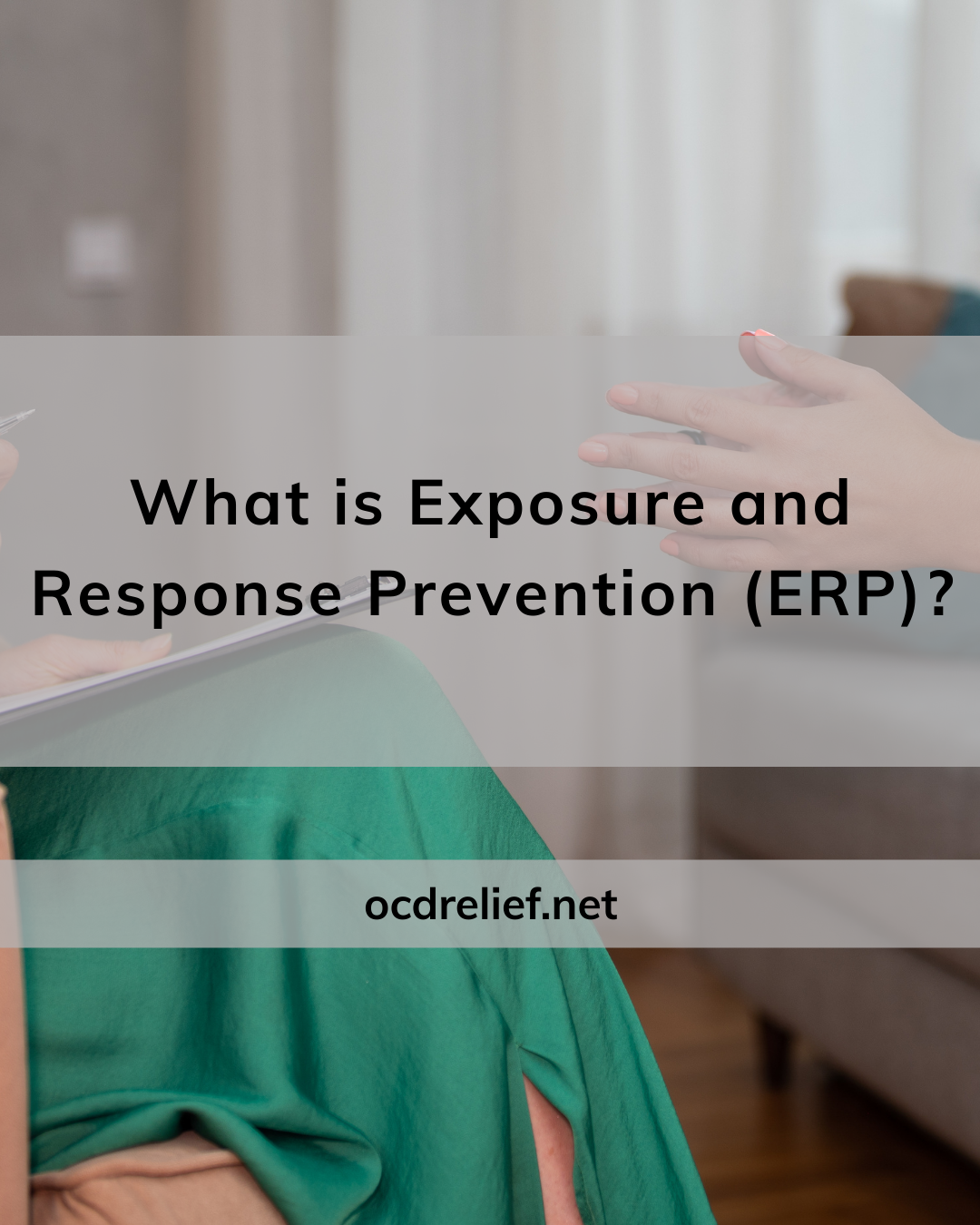
What is Exposure and Response Prevention (ERP)?
If you’ve been googling OCD treatment or sitting in on therapy sessions, you’ve probably heard the phrase Exposure and Response Prevention, or ERP for short. It might sound clinical, maybe even a little intimidating, but ERP is actually one of the most effective, empowering tools for treating OCD.
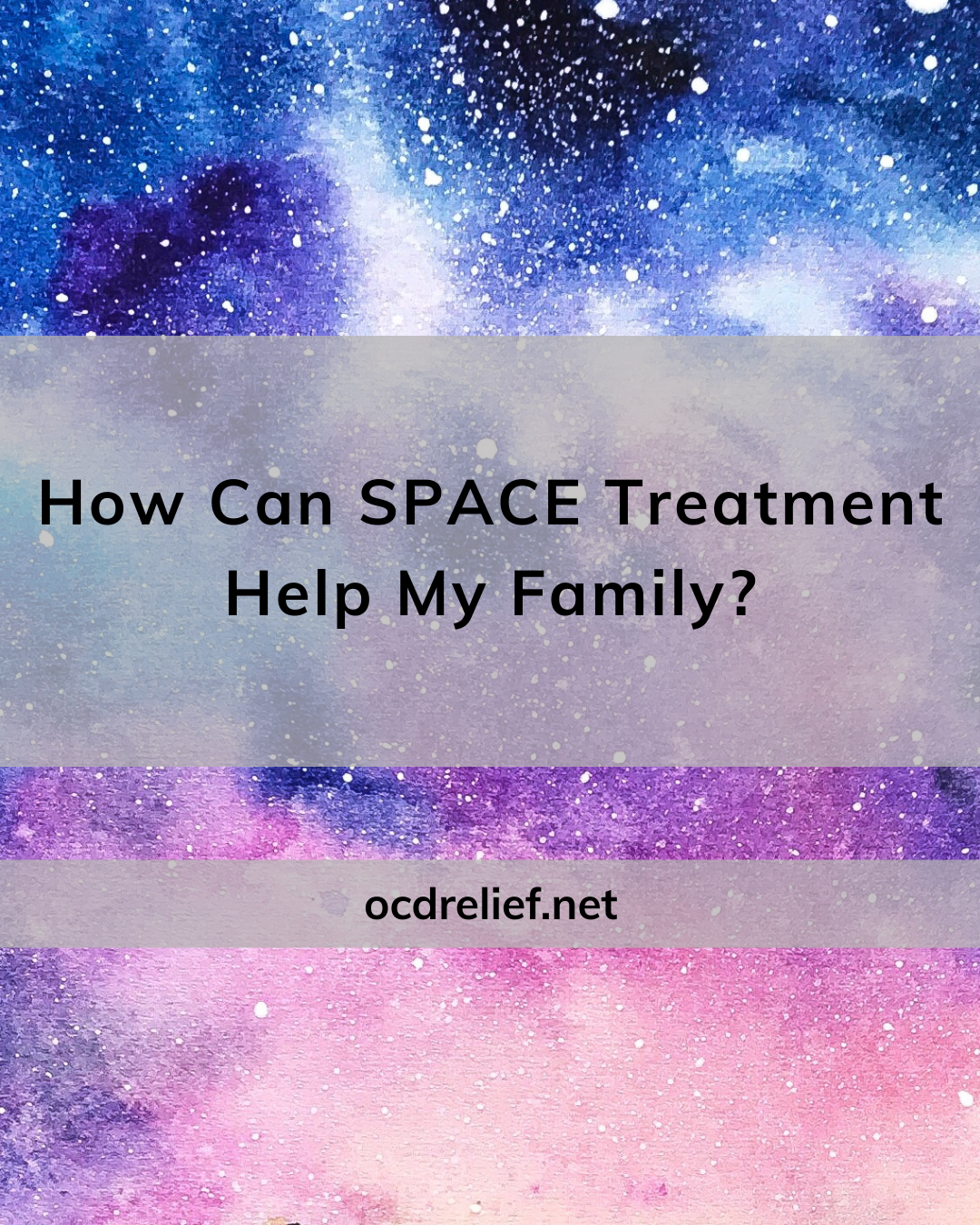
How Can SPACE Treatment Help My Family?
If your child struggles with OCD, you already know how heavy it can feel, not just for them, but for the whole family. The rituals, the reassurance-seeking, the emotional meltdowns… it's exhausting. And as a parent, it's natural to want to fix it. To jump in and help calm the anxiety. But what if helping actually reinforces the cycle?
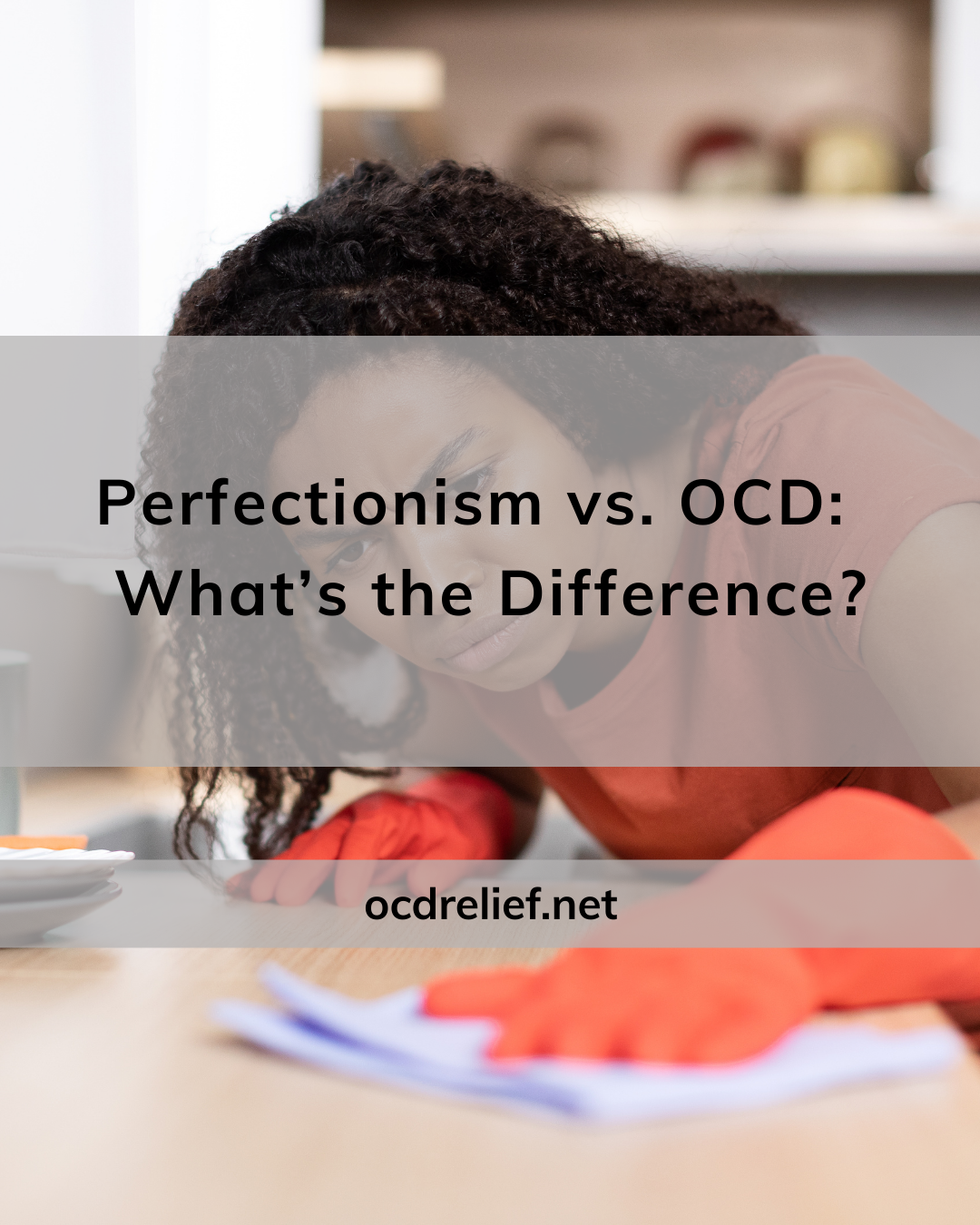
Perfectionism vs. OCD: What’s the Difference?
Making mistakes is hard, but perfectionism might be harder. This post gives three common examples of perfectionistic behavior and ways to work through it. If your perfectionistic tendencies are not changing despite your best effort, then read to the end to find out how to get the help you need.
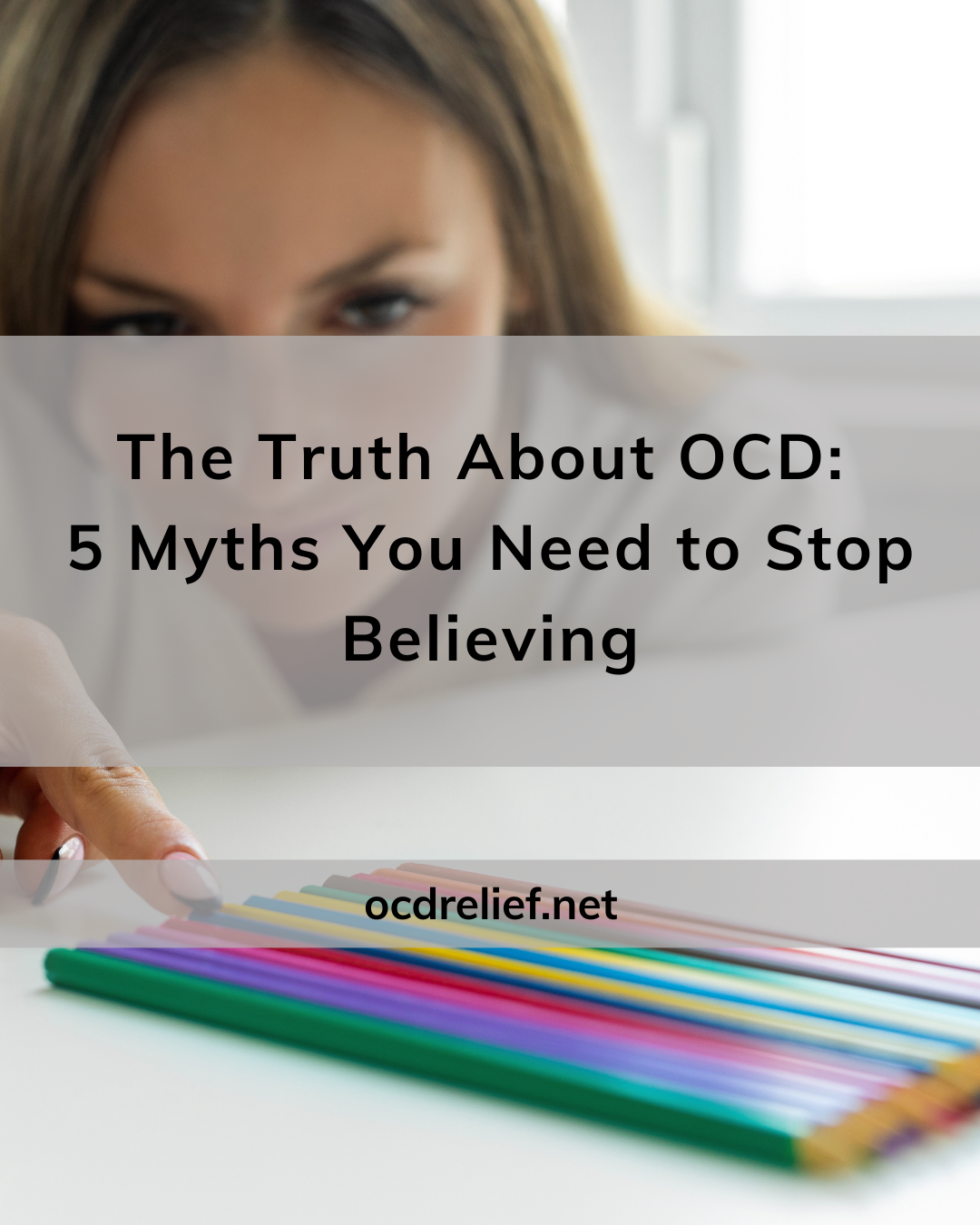
The Truth About OCD: 5 Myths You Need to Stop Believing
There are many misconceptions about OCD (Obsessive-Compulsive Disorder) that can lead to misunderstandings about the condition and the people who experience it. By debunking these myths, we can better understand OCD as a complex and often misunderstood mental health condition that requires compassion, accurate information, and effective treatment.
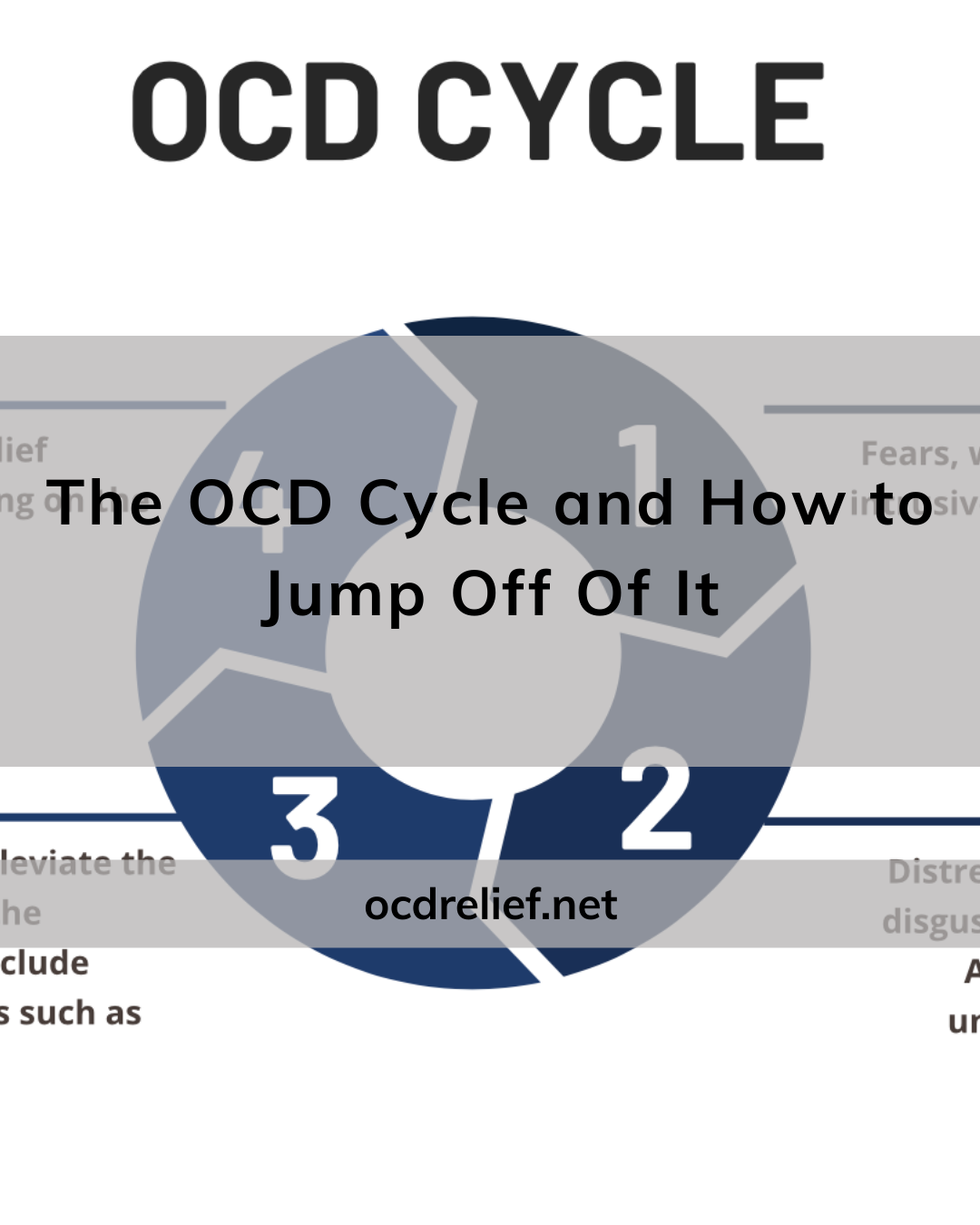
The OCD Cycle and How to Jump Off of It
Understanding the OCD cycle is key to healing. From obsessions and anxiety to compulsions and temporary relief, each stage plays a part in the cycle. Learn how professional treatment can help manage OCD symptoms and break the cycle for long-term relief.
